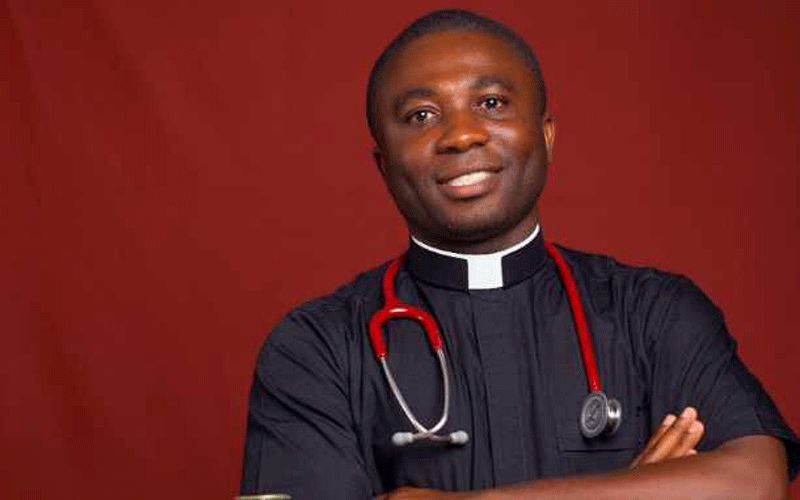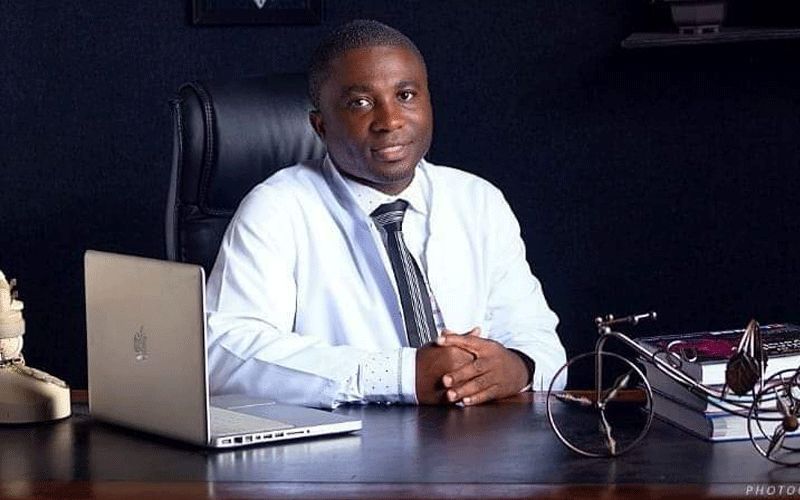Medical training in Ghana is a six-year course and entails three years pre-clinical and three years clinical training where students combine and synthesize theory with practical knowledge.
As a medical student, it was necessary for Fr. Emmanuel to be competent in anatomy, physiology, biochemistry, pathology and surgery. Other areas that demanded his competence included internal medicine and therapeutics, child health, community health, obstetrics and gynaecology.
He says that from his experience, the Medical School at the Kwame Nkrumah University of Science and Technology is one of the best in medical training.
“I got a first-rate education with amazing classmates, learning from really passionate dedicated professors and clinicians, working with incredibly sick patients but also a gracious and loving school community,” he says.
Going forward, Fr. Emmanuel believes that being a medical doctor within the priestly vocations is not an out-of-place situation.
(Story continues below)
“Jesus as well as the early apostles combined the priestly and healing ministries together during their time on earth and we have the same mandate and power to continue such great ministry,” he says.
His expectations as he works towards specializing in either internal medicine or family medicine, he says, is pegged on St. Paul’s first letter to the Corinthians 9:19-23, which states, “To the weak I became weak, to win the weak. I have become all things to all people so that by all possible means I might save some. I do all this for the sake of the gospel, that I may share in its blessings.”
According to the Ghanaian Cleric, it is high time that many Catholic Priests considered training to become medical doctors.
He says, “The church has many hospitals scattered throughout the country, and it will be great if Priests are trained as doctors who may work as chaplains and also physicians in their capacities to bring treatment to the sick both spiritually and therapeutically.”
To him, “the opportunity to participate closely and so significantly in something as important as a patient’s health is a profound responsibility to the Church.”
Dr. Emmanuel says that historically, monasteries developed not only as spiritual centers, “but also centers of intellectual learning and medical practice.”
He says that locations of the monasteries were secluded and designed to be self-sufficient, which required the monastic monks to produce their own food and also care for their sick.
“Prior to the development of hospitals, people from the surrounding towns looked to the monasteries for help with their sickness. From this brief historical background, it will be great if many colleague priests join the medical profession and we may do so in bona fide,” Fr. Emmanuel asserts.




 \
\



